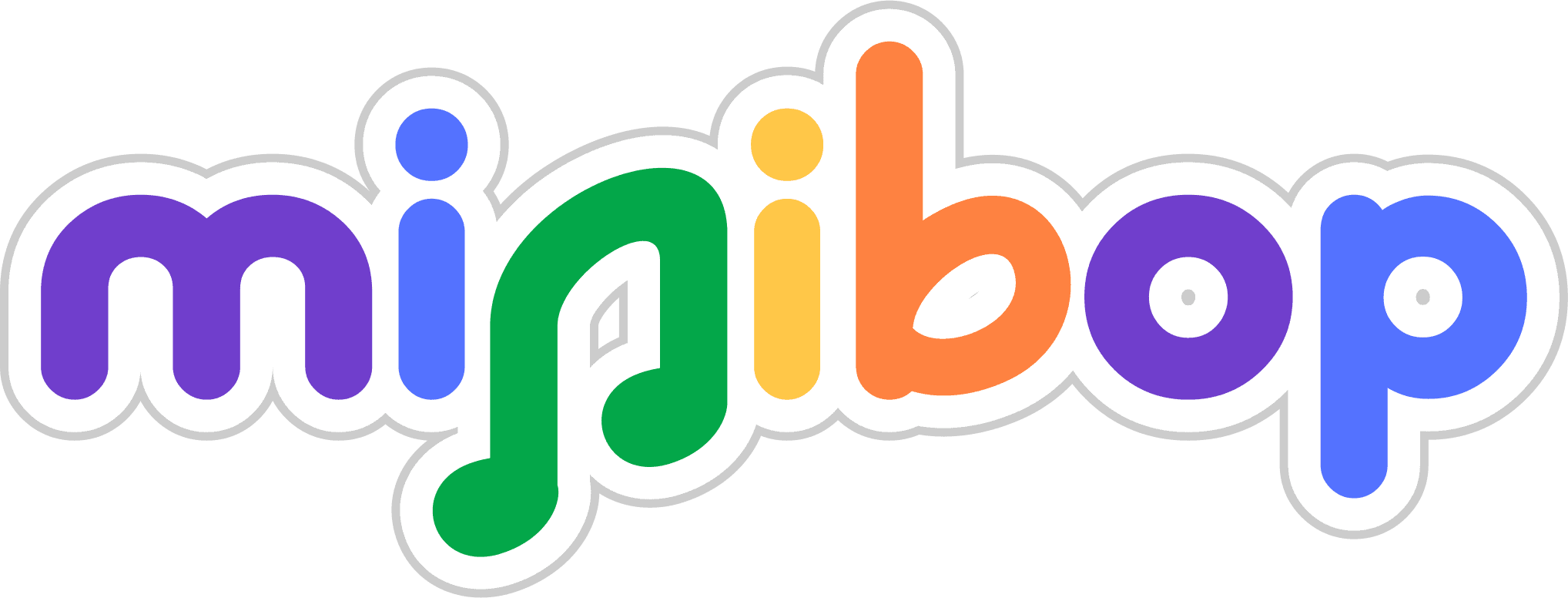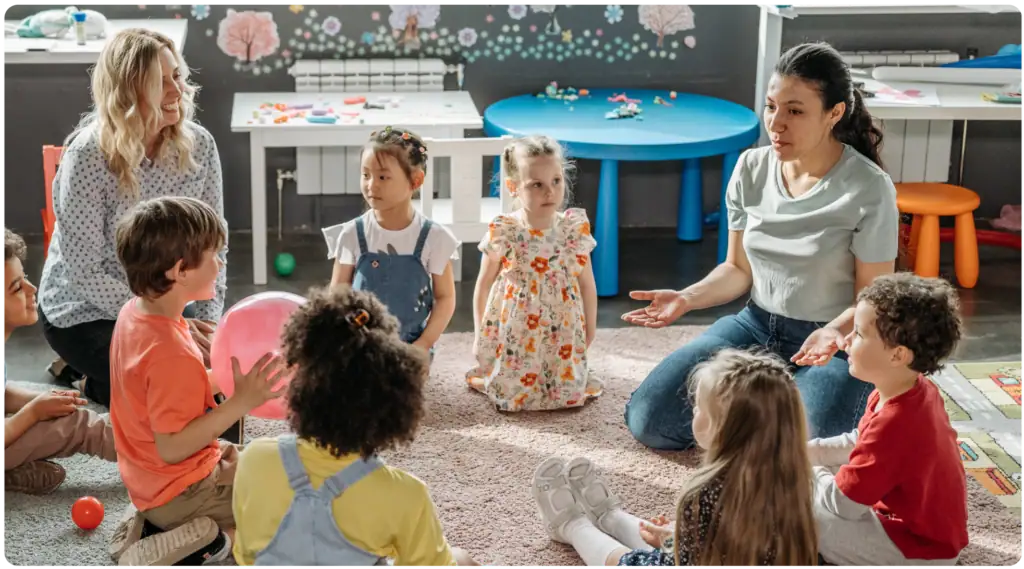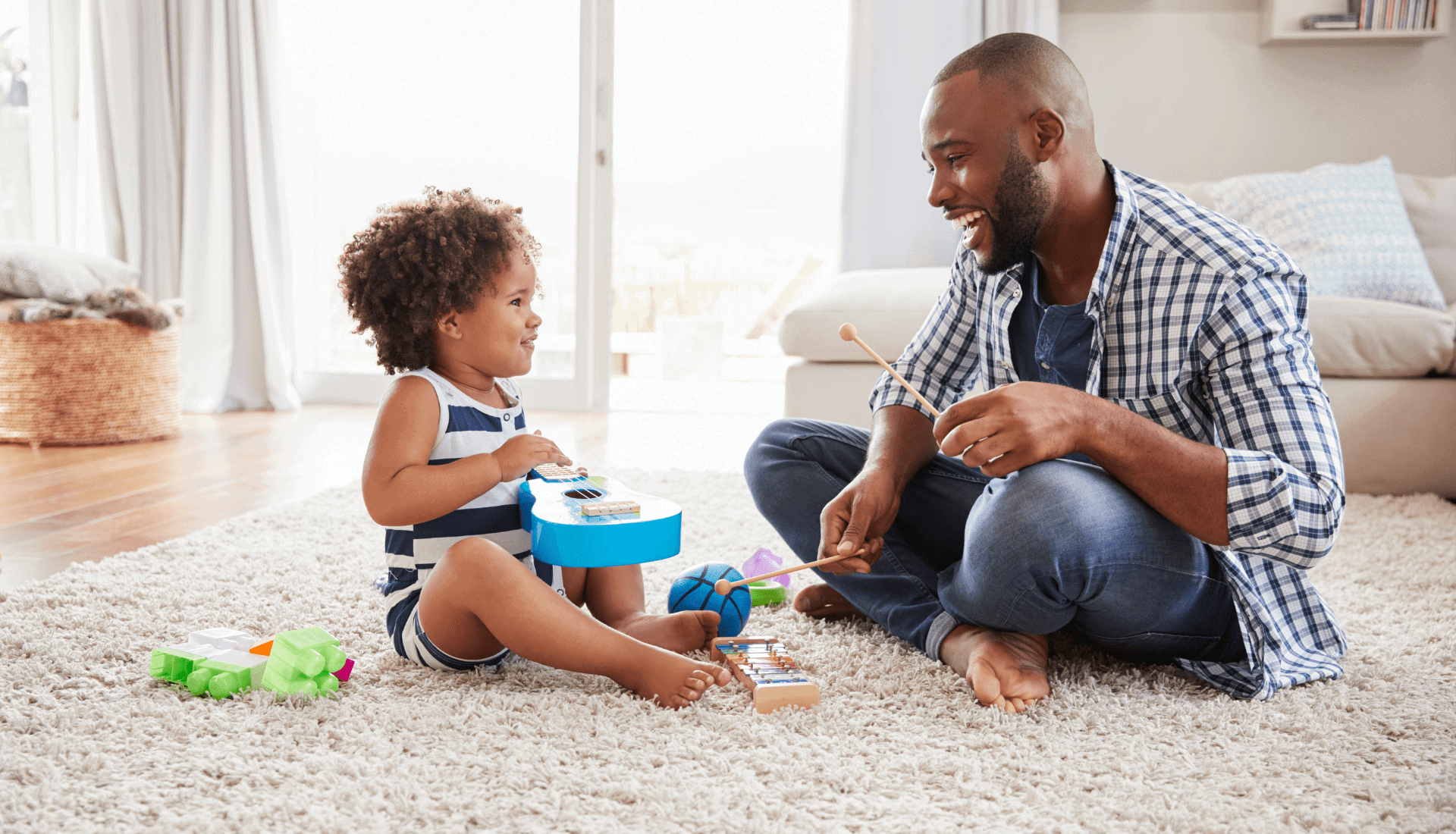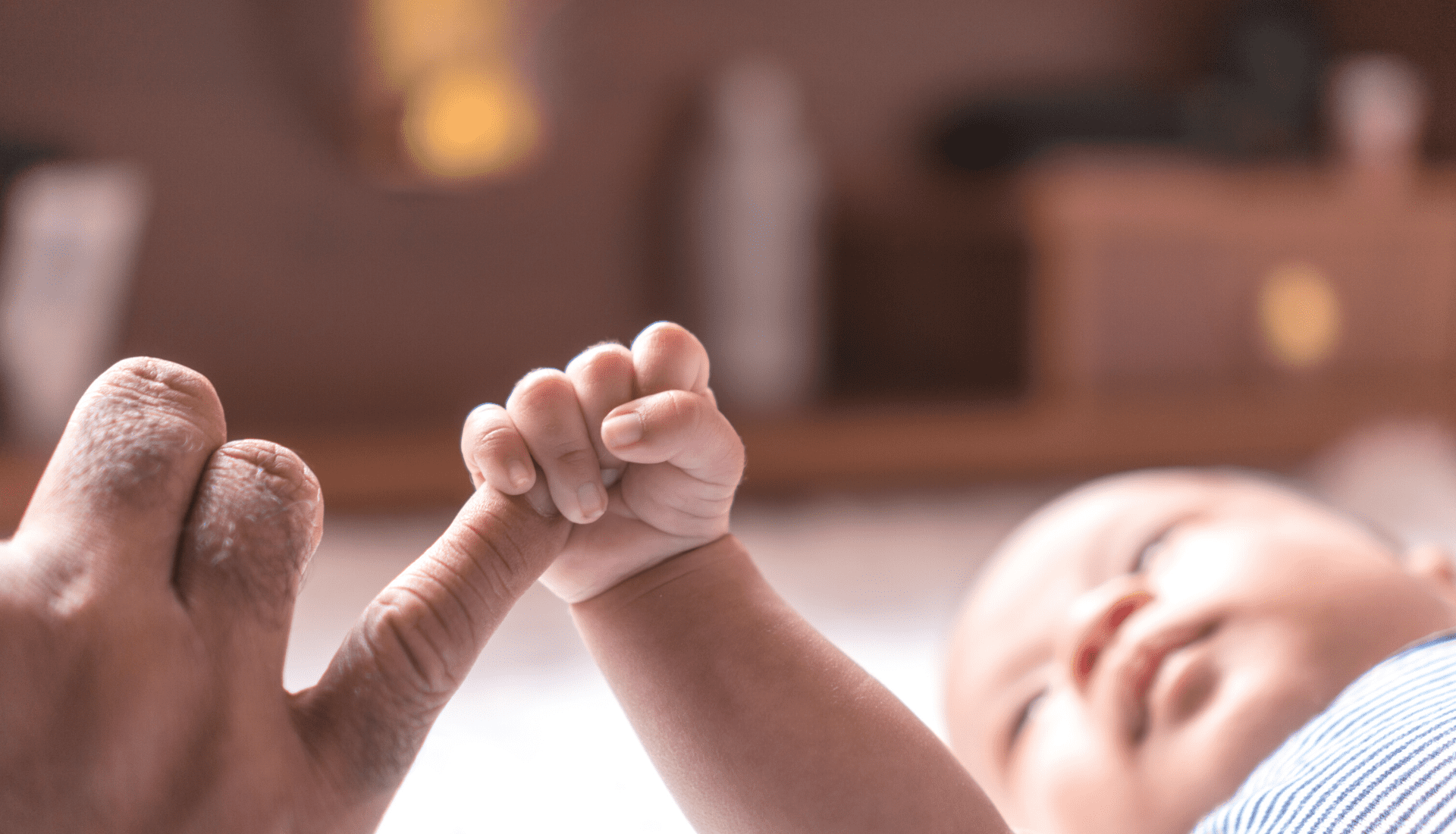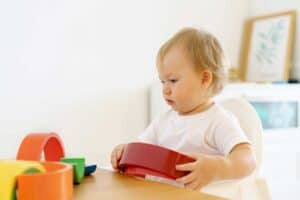Music classes for babies are an excellent way to give them the chance to explore their creative side through singing, instrument playing, and dancing. Check out these reasons why music class is good for babies!
Stimulates Brain Development
Music can unlock a child’s path for learning in a way that nothing else might. It builds children’s development, by boosting their confidence and language skills.
Babies and young children connect to the melody and beat of the music since they don’t know the words. At this age, the bonus benefit of music is to help with brain and physical development.
Music can stimulate the formation of brain chemicals such as dopamine and oxytocin. When these are released, children are more open to sharing toys, empathizing and trusting others.
“Babies who participated in the interactive music classes with their parents showed earlier sensitivity to the pitch structure in music,” says Laurel Trainor, director of the McMaster Institute for Music and the Mind. “Specifically, they preferred to listen to a version of a piano piece that stayed in key, versus a version that included out-of-key notes.”
The rhythmic patterns in music actually exercise a baby’s brain without them even realizing. When we hear rhythmic sounds, our brains are hard-wired to tell us what comes next – this process helps develop critical thinking skills!
A study by the Frost School of Music also referenced that when infants are doing their own signing, that engagement can be just as effective as book reading or toy play, and is actually much stronger than just listening to pre-recording music.
Encourages Socialization
Group play sessions provide more opportunities for interaction! An article from Today’s Parent, referenced how once babies hit the 3-4 month milestone, they are ready to be in larger groups. They are open to new settings with new adults and other children.
At Minibop Music we create new themes each month to create a new and fresh environment rich for socializing. Babies and children will learn something new while in a familiar setting in our studio in Los Angeles.
As babies get acquainted with music class and socializing, it becomes clear that music can help infants be in more tune with their emotions. Learning about emotions like happiness, sadness and anger gives them a solid foundation for social skills.
And we loved that the McMaster study showed that moving in sync to music with others helps toddlers form social bonds. After the babies bounced together with someone else, it seemed like they were more willing to help give back a dropped item to that person!
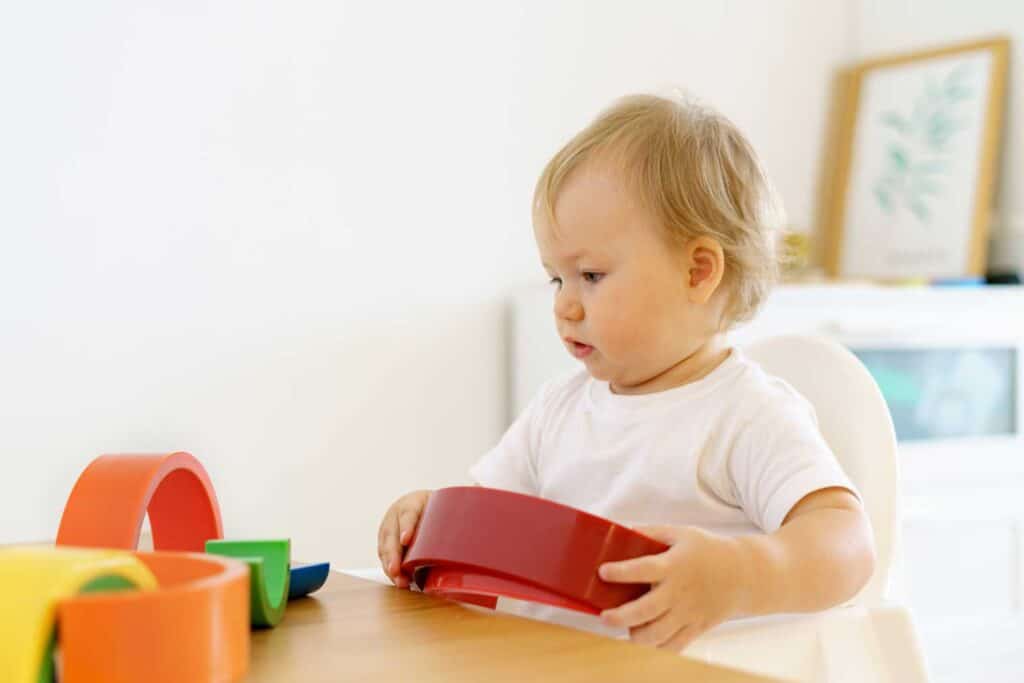
Improves Motor Skills
Motor skills are the baby’s ability to move their body in a coordinated way. From the time they’re born, babies start developing their motor skills.
Music class is a great way to help them develop these skills because there is so much opportunity for expression and movement!
Music encourages children’s inclination to move, developing both their fine motor skills and gross motor skills. Plus, if the rhythm is very entertaining, you may even notice your toddler starting to jump up and down, which helps with their muscle development, strength, and balance.
Promotes Language Skills
Music class is a great way to promote language skills in babies. In a music class, babies are exposed to so many sounds and rhythms that can help them develop language skills. And, for many young kids, music class might be their first introduction to a teaching structure. So joining a music class provides a new opportunity for kids to practice their listening skills as well.
When infants and babies listen to music, they learn to differentiate between different sounds and patterns. This helps them develop their ability to understand spoken language.
A study by the University of Washington’s Institute for Learning & Brain Sciences (I-LABS) found that playing music to 9-month old babies led to an improved understanding of rhythm in speech and music.
Additionally, musical-based classes can help babies develop their vocal skills. By singing along with the music, they learn how to produce the sounds needed for speech. Even if babies don’t know how to sing yet, they will try to mimic the sounds they hear.
Strengthens Bonding
One of the benefits of music education is that it can help bond relationships. This can be between parents and children, or between caregivers and children. One reason for this is that singing together encourages communication and interaction. It can also help create strong emotional bonds.
In fact, researchers discovered that babies engage more with being sung to versus just listening to music. It’s no surprise that music education can be a great way to create stronger bonds between the child and the caretaker. In addition, the child is the singular focus with no outside distractions, phones or alerts competing for attention, what baby doesn’t love that!
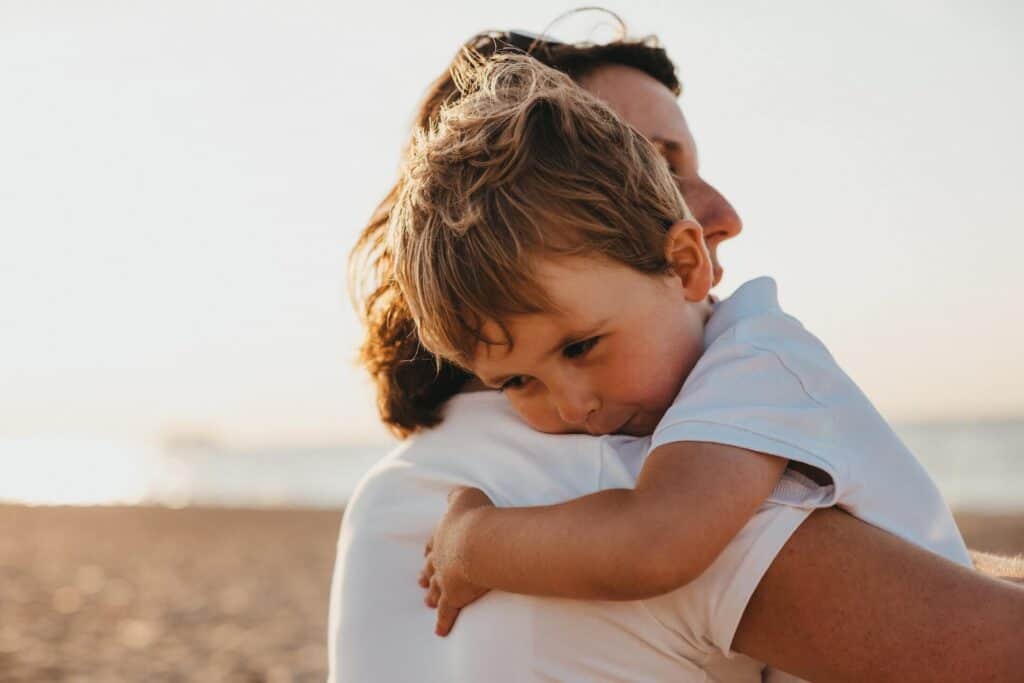
Conclusion
Music classes are a great way to help babies explore their creative side and learn new skills at an early age. Plus, they’re lots of fun! We invite you to try a free Minibop Music class today and see for yourself how much your baby enjoys it.
